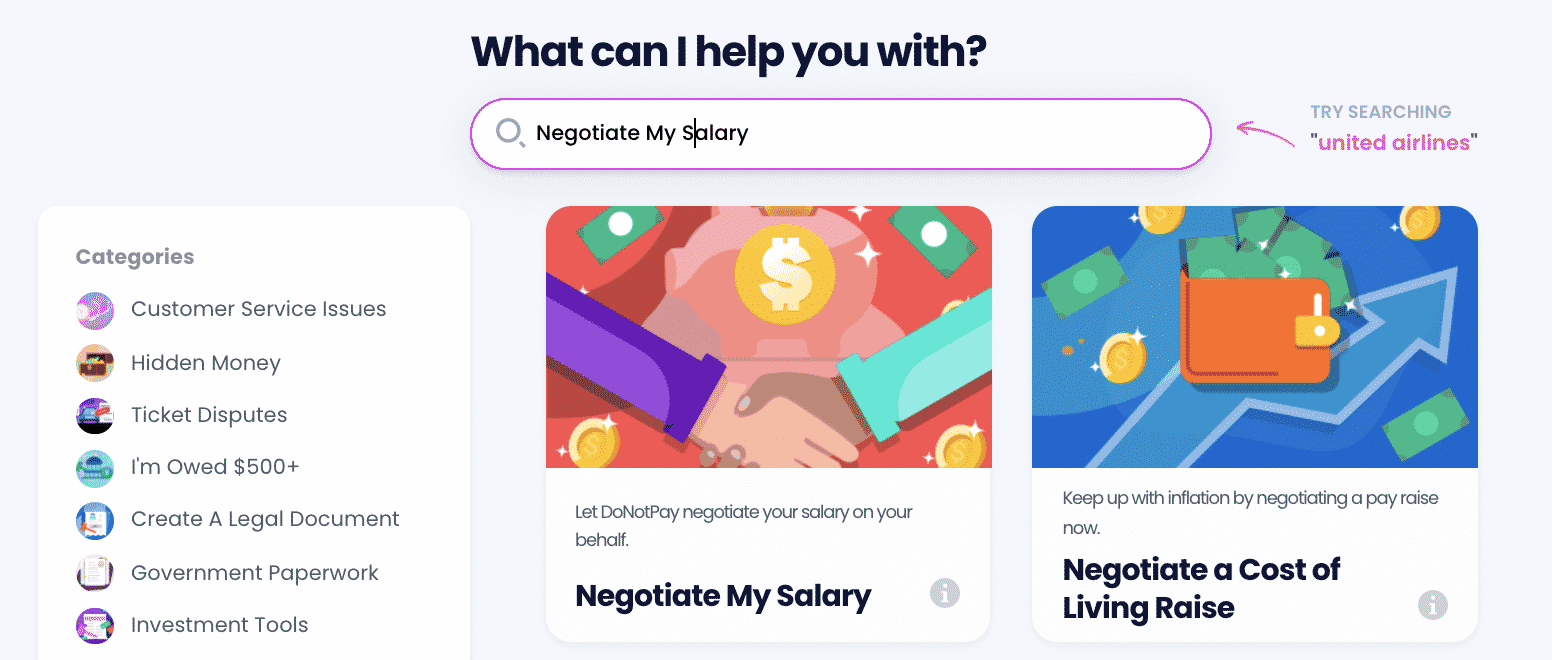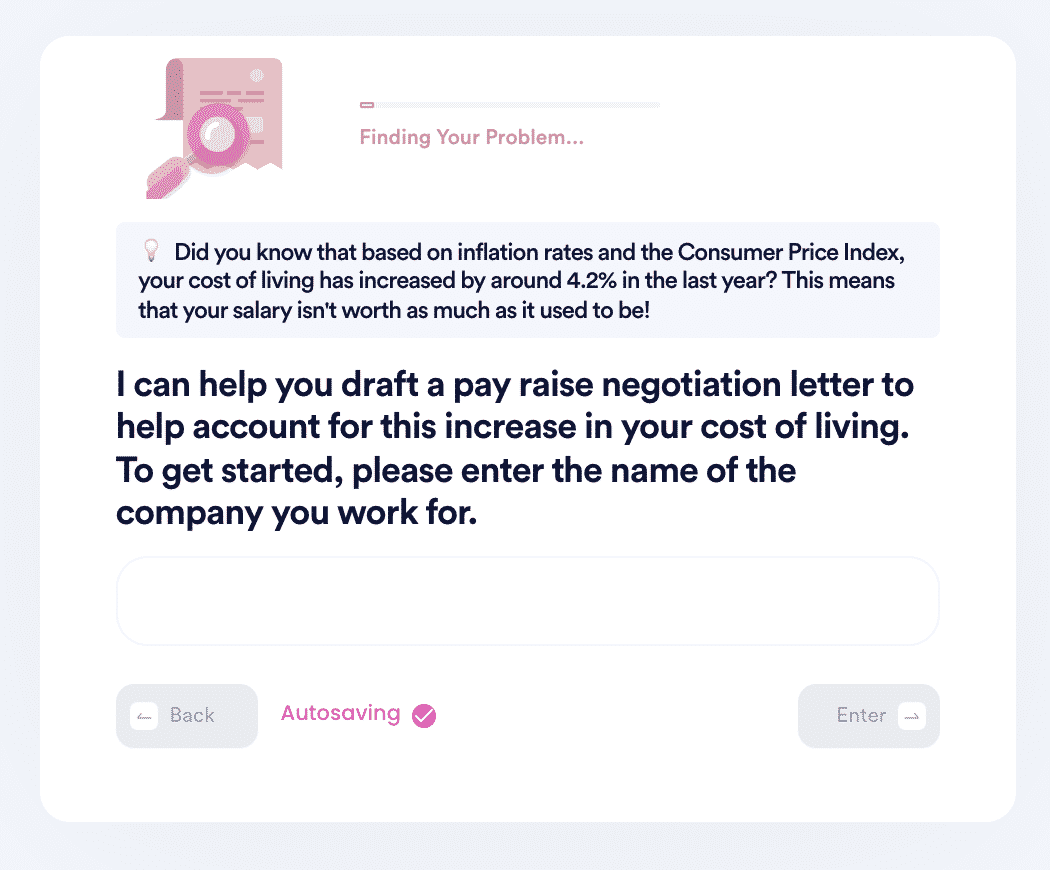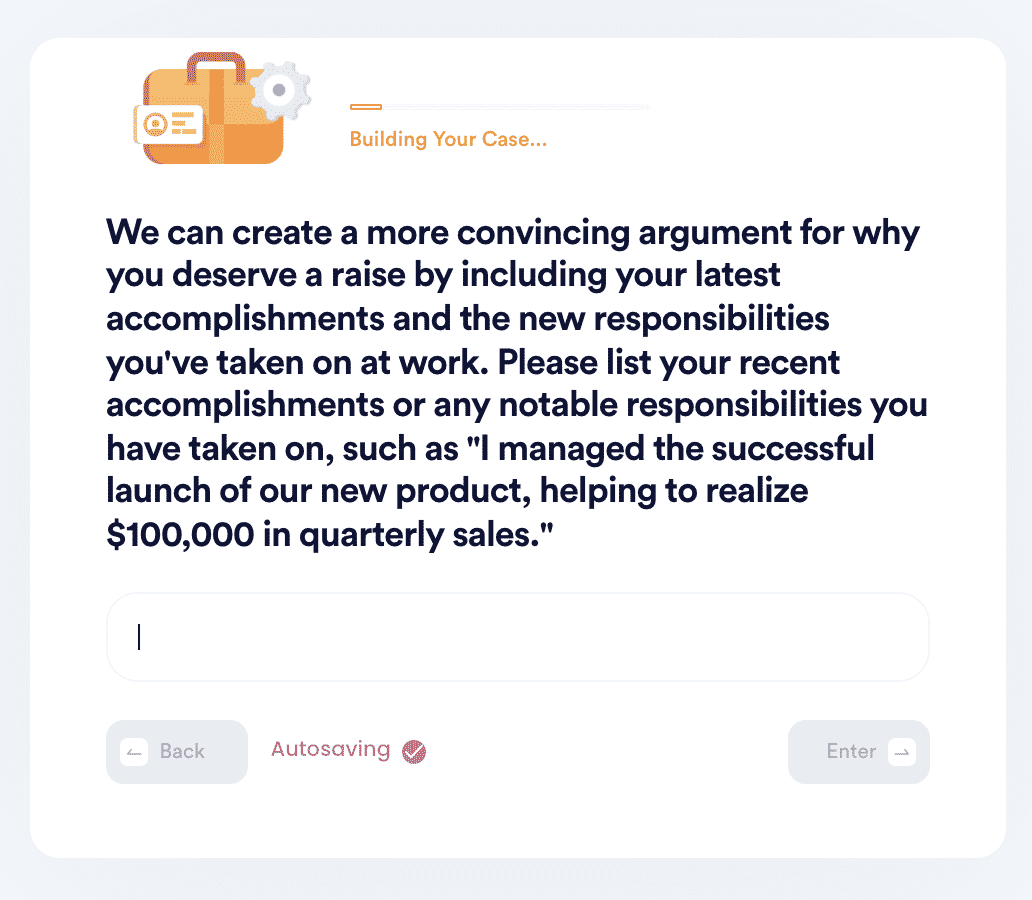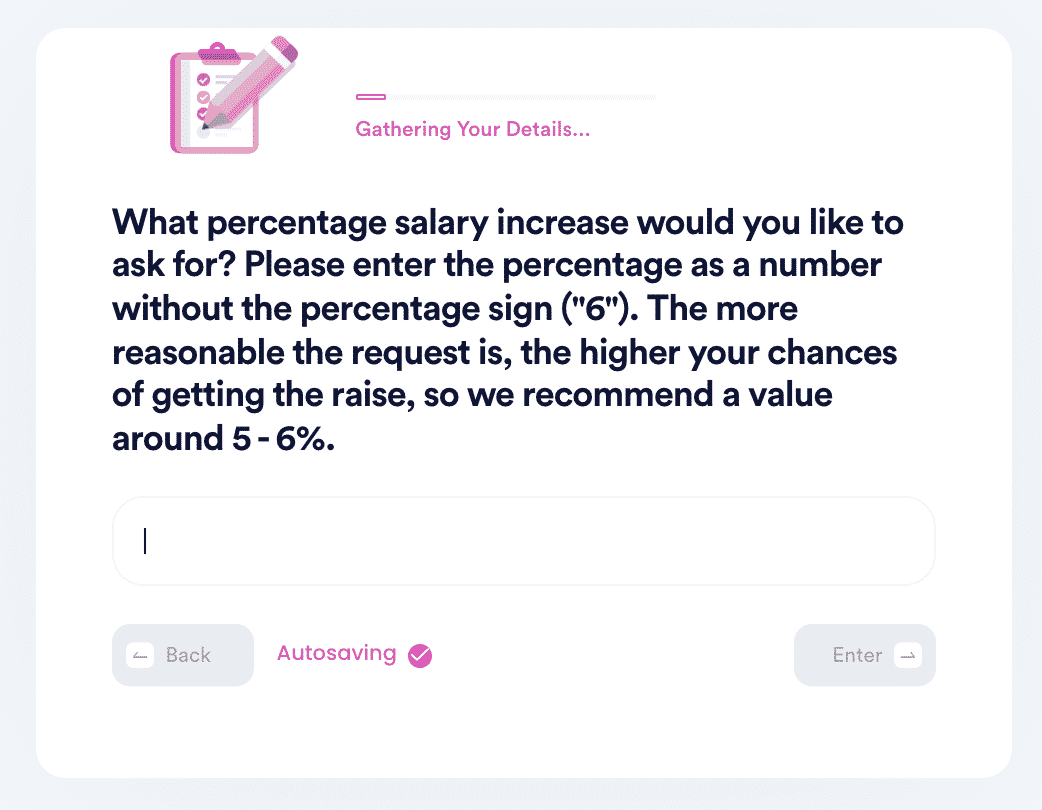From a Contract to a Permanent Position - Tips for Negotiating Your Salary
Hiring on as an independent contractor is a great way to "try before you buy" a particular position within a company. It's an ideal opportunity to determine if a company is a good match for you in terms of corporate culture, the duties and responsibilities assigned to you, commute time, and so much more. If the company decides to offer you a permanent position, can make it an even better fit.
The Ball Is in Your Court
If you've recently been with a company you've been independently working for, congratulations. They must be very impressed with your skills, work ethic, and the value you've added to their organization. Your hard work has paid off, and now you've been presented with a great opportunity to negotiate a salary and benefits package that's truly worthy of your attention.
What Does a Job Offer Really Mean in Terms of Compensation?
If you've been working as an independent contractor, chances are your compensation consisted of either a lump sum or a smaller sum paid weekly, bi-weekly, etc. While on the surface, the dollar amount of a compensation package might seem like the most important factor, when it comes to a permanent position, negotiating a complete package may include other important components such as
- Medical, dental, vision, and life insurance
- A number of guaranteed sick and/or personal days
- Vacation time
- Tuition reimbursement
- A parking stipend
- Relocation expenses
- Any number of other perks
Because the company reached out to you, now more than ever, you have the potential to , and perhaps even long-term career goals.
Here are other reasons to ask for a raise.
| Inflation | The cost of living increases every new dawn, and you won't be wrong to ask for a salary raise to cope with the challenging economic times. You should convince your employer to make them see the essence of re-evaluating your payment terms. |
| Qualifications | For the years you have worked for the company, you have acquired more skills, and thus you should take it to your advantage and ask for a salary raise to match your skills. |
| Reliability | If you are the kind of employee who works without being micromanaged, the company has trust in you and can't afford to lose you. You should take this opportunity and demand a salary raise. |
| You Have Initiative | Your employer will not be hesitant to increase your salary to a level of your satisfaction if you are the kind of employee who presents a solution to the management on issues you noticed with the company. |
How to Negotiate a Salary From Contract to Full-Time
Prepare Before You Negotiate
Before you present your requirements to your prospective (permanent) employer, you'll need to take some time to organize and prepare yourself. Even though the company has extended an offer, meaning they clearly want you to come on board — it's still a negotiating process. This means you need to know and understand your full value, and you need to take time to consider what would truly be meaningful to you (and possibly your family) in terms of compensation.
- Consider asking a former trusted colleague or co-worker to help you prepare a list of your strengths, the skills you have to offer, etc.
- If you have a family, consider those benefits that may be very important to them. Having the option to obtain a generous employer-paid life insurance policy may be more important than a benefits package that includes tuition reimbursement.
- Conversely, a single person who has a long-term goal to obtain an advanced degree may want to negotiate for tuition reimbursement — and some work flexibility to be able to attend classes.
Negotiate a Salary With the Help of DoNotPay
While it may be possible for you to effectively organize your past work history, map out your future career goals, and everything else that is required to land a coveted job, it's always helpful to find easy-to-use tools that can assist you in your efforts. DoNotPay has designed just such a tool — making it easier than ever to clinch a job offer on your terms.
Simply take the following steps:
- Search “negotiate my salary” on DoNotPay.

- Enter the name of your company and the industry you work in, so we can find the right wage statistics for your role.

- Answer a series of questions regarding your qualifications and achievements, relocation expenses, and other job offers if applicable.

- Enter the new base salary you would like to request.

That's all you need to do. Once you enter all this information, DoNotPay will create an official salary negotiation letter for you. You can either present the letter "as is" to your prospective employer or use it as a template to create your own custom-designed letter.
If you'd like to know more about how DoNotPay's "negotiate my salary" product works, please click here.
Remember - It’s a Negotiation Process
It's good to remember that negotiation usually involves meeting another party "in the middle." During the negotiation process, it may be necessary for there to be a little "give and take" (from both parties) in order to reach a mutually beneficial agreement, and that's OK. It's all simply part of the negotiation process. If you like the company and really want to work for them, be willing to be flexible. In the end, if the company can't offer what you want, you'll still want to maintain a good rapport with them in the event you continue to work for them as an independent contractor.
Either way, if you maintain a positive relationship with the company, when it comes time for you to move on, you'll have retained your good reputation with them and within your particular field.
Reaching Your Career Goals With the Help of DoNotPay
DoNotPay has many other helpful tips on how to advance your career goals. We can help you determine your worth in order to negotiate your way to a more fulfilling career path. Our helpful tips include guidance on:
- How to negotiate salary requirements over the phone
- How to ask for a raise by email
- Raises - how much should I ask for?
- When is the best time to ask for a raise?
- How often should I expect to get a raise?
- The best way to ask for a raise
- Get the raise you need


